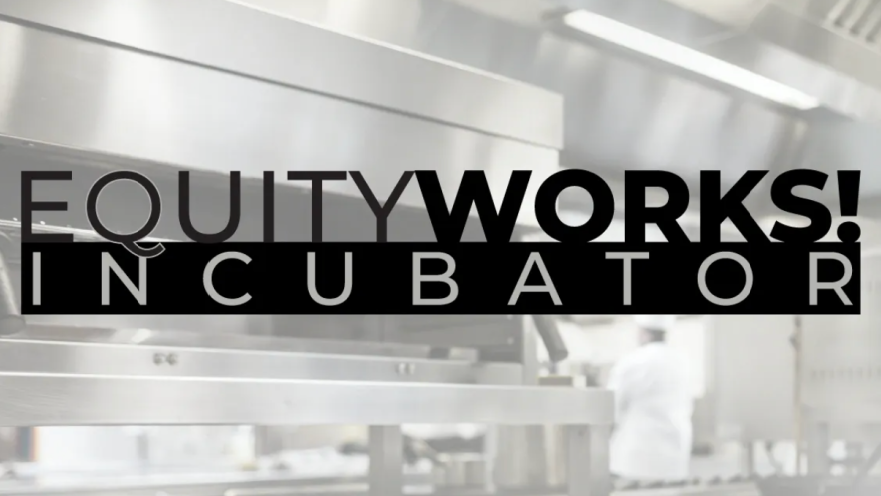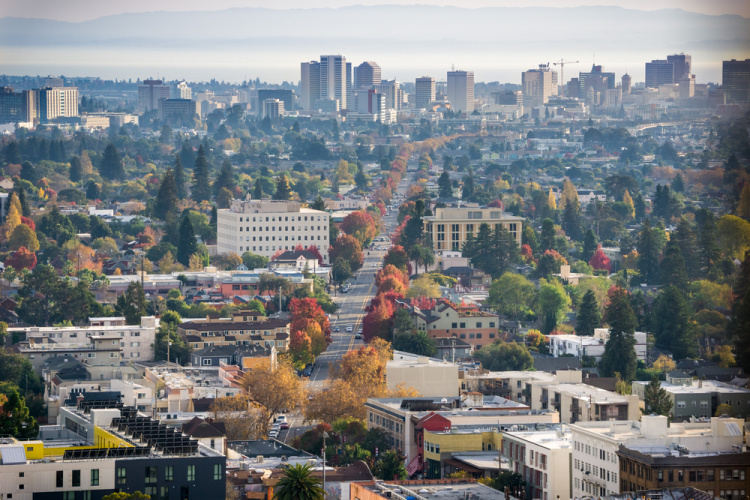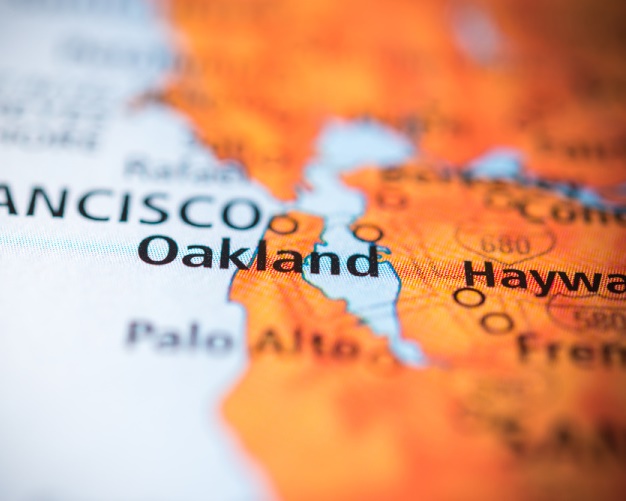Oakland’s Social Equity Program: Novel Approaches for Cannabis Businesses
As one of America’s most diverse cities, Oakland has endured decades of over policing and other collateral damages from the War on Drugs. But the city’s deep history as a progressive haven has sparked a number of forward-thinking programs. As we hinted earlier, one of the most novel is the EquityWorks! Incubator: A program launched in late 2020 to help five Oakland-based “Equity Fellows” kick-start their cannabis edibles ventures. In addition to a shared commercial kitchen space, each of the Fellows is eligible for up to $200,000 in support from the City of Oakland and the State of California.

But the program doesn’t stop there. Recognizing that access to capital is only the beginning, the program includes workforce development, training and mentorship from more experienced operators. The program has already made waves: Across the Bay, San Francisco is launching a similar program, including social equity grants up to $100,000.
But let’s keep our focus on Oakland for a moment more. Since the inception of the EquityWorks! program, the city has been on a roll. Last year, the Governor’s Office of Business and Economic Development awarded Oakland the resources to fund its Cannabis Equity Property Purchase Program, yet another forward-thinking response to the barriers to property ownership for non-White entrepreneurs.
The program sets aside a cool $2 million for qualifying business-equity applicants to purchase a property in concert with other such applicants. In other words, it’s a community-focused approach that leverages the power of partnership over sole ownership.
Oakland’s Social Equity Program: Jump-Starting Cannabis Careers

Bold and potentially far-reaching though these programs are, it’s the city’s Workforce Development Grant Program that may have the most lasting effect. Working in partnership with Supernova—a minority-owned and female-led organization based in Oakland—the city is betting that by empowering not just entrepreneurs but the workers crucial to a healthy and self-sustaining industry, an investment in the start of a career will pay huge dividends down the road. Under Supernova’s model, candidates will undergo training in either compliance management or product manufacturing. Then, the organization will help place trainees with up-and-running equity cannabis businesses.
That’s where the initiative shifts to business owners. To that end, the workforce development program allocates up to $50,000 for social equity cannabis business that recruits, trains, and retains a trained and qualified worker. In helping these businesses scale their operations (and offering Oakland’s underserved a path towards stable, high-quality employment opportunities), the goal is to engineer a win-win for owners and staff alike.
Will it work? Obviously, time will tell. But early indications is that other jurisdictions are looking towards Oakland—the other City by the Bay—and its forward-thinking programs. With jobs in the cannabis space expected to grow exponentially in the next decade, it’s—pardon the expression—high time.





